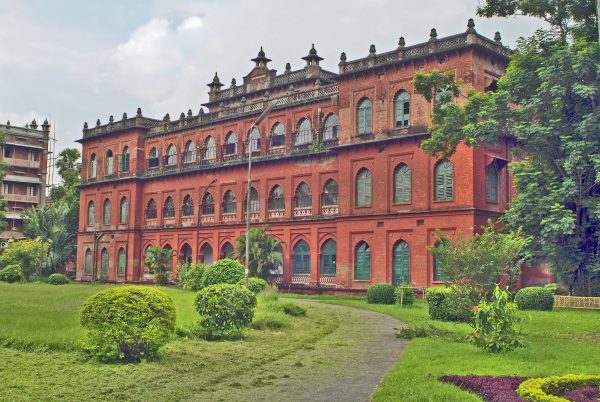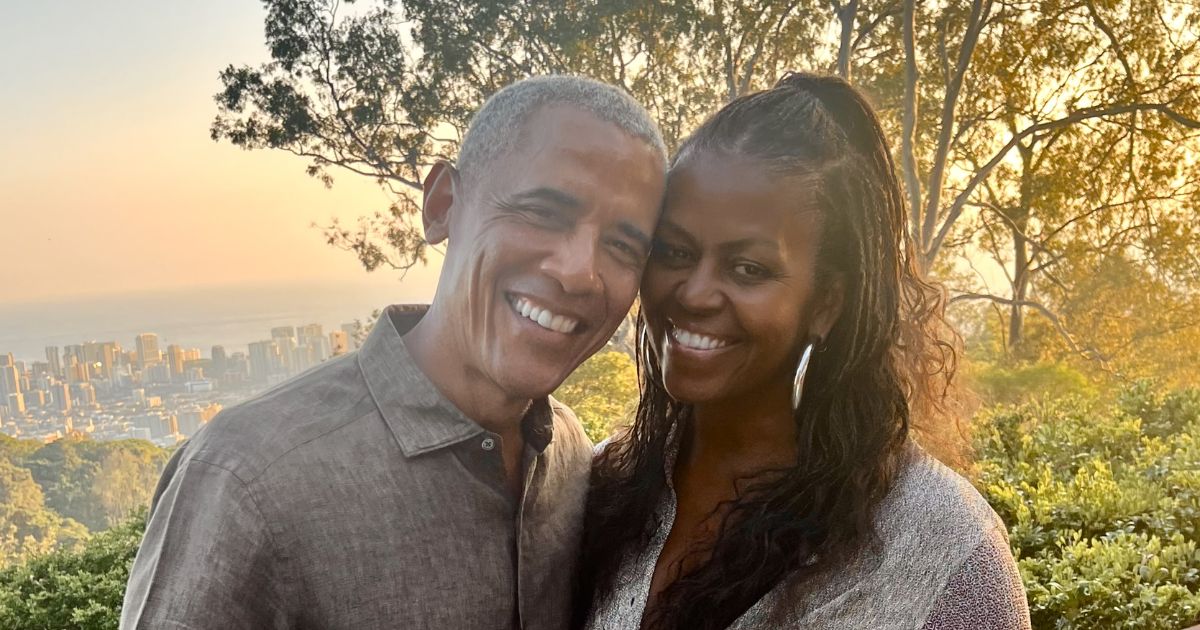By Jannatul Naym Pieal
Copyright thediplomat

Islami Chhatra Shibir, the student wing of Jamaat-e-Islami, secured a decisive victory in this year’s Dhaka University Central Students’ Union (DUCSU) elections, followed by another significant win at Jahangirnagar University. The results were immediately heralded as a turning point in Bangladesh’s political landscape. Many analysts, both local and international, quickly warned that these victories signaled a return to Islamist dominance in student politics and could even foreshadow an Islamist resurgence in national governance. With upcoming polls at Rajshahi and Chittagong Universities, the idea of Shibir-controlled campuses has dominated headlines and political discourse. Yet, the reality might be more complex. Shibir’s triumphs, while dramatic, don’t necessarily reflect a fundamental ideological shift toward Islamism among Bangladesh’s young voters. Instead, they might reveal a more subtle but equally powerful force: the growing trend of strategic voting within Generation Z, a demographic committed to making their first votes count. It is this mindset – not a sudden Islamist wave – that may ultimately determine the outcome of Bangladesh’s next national election, scheduled for February 2026. Strategic voting is a well-established concept in political science. In multiparty systems, voters often abandon their preferred candidate if they believe that person can’t realistically win, opting instead for a contender with a better chance of defeating a major rival. In Bangladesh’s student politics, this phenomenon has been strikingly evident. In the separate Central Students’ Union elections at both Dhaka University and Jahangirnagar University, many students admitted that their vote was driven not by ideology but by pragmatism. While groups like Chhatra Dal (the student wing of the Bangladesh Nationalist Party), Bangladesh Ganatantrik Chhatra Sangsad (affiliated with the newly formed National Citizen Party), and various leftist organizations still hold some support on campus, that sympathy mostly failed to translate into votes at the ballot box. The reasoning was straightforward: these groups were seen as unlikely to beat Shibir, so voting for them would be a wasted effort. As one Dhaka University student explained after the results, “I didn’t agree with everything Shibir stood for, but they were the only ones who could win. My vote had to matter.” And he had a point. Since August 5, 2024 – when Sheikh Hasina fled the country after weeks of student-led protests spiraled into a political earthquake – Shibir activists have been the only force consistently visible on campus. They organized networks, stayed embedded in the halls, and tapped into students’ everyday anxieties, while rival parties spent much of the past year adrift, uncertain of how to reestablish their presence. This logic mirrors the way many young Bangladeshis are now approaching national politics. The Bangladesh Nationalist Party (BNP) has emerged, in the eyes of many, as the “next in line” – the only party with the organization, resources, and history to lead the entire country. For example, according to a nationwide survey conducted by the South Asian Network on Economic Modeling (Sanem), 38.8 percent of young Bangladeshis picked the BNP to win the upcoming national election. The Jamaat-e-Islami came in second, with 21.5 percent of the respondents selecting the party. Whether this perception is justified or not, it is already influencing the decisions of a generation of first-time voters. The parallels between campus elections and national ones are clear. Just as Shibir’s organizational strength and visibility convinced students they were the inevitable winners, the BNP is benefitting from a similar sense of momentum as far as the national election is concerned. Conversations in tea stalls and online forums echo the same sentiment: No matter what the university election results have been, BNP will win the national election, at least for the impending term. This logic can end up being incredibly powerful. The fear of casting a meaningless vote discourages young people from supporting smaller leftist parties, independents, or newer political movements. The more voters flock to the BNP for strategic reasons, the more unbeatable the BNP appears. And the more unbeatable it looks, the more voters are drawn to it. In political science, this is known as a self-fulfilling prophecy. In modern Bangladesh, it is also a generational phenomenon. Part of what makes this trend unique is the generational context. Gen Z voters in Bangladesh have grown up with fewer illusions about political pluralism. For most of their lives, elections under Hasina (who was in power from January 2009 to August 2024) were widely dismissed as rigged or staged, with results tilted overwhelmingly in favor of the Awami League. Smaller or alternative parties had virtually no chance to break through. This history has now probably produced a voting culture where practicality will trump ideology. While older generations might feel bound to support the party of their family or community, Gen Z voters are shaped by the immediacy of social media and the weight of peer influence. They exchange ideas rapidly, gauge momentum in real time, and adjust their strategies based on a party’s perceived viability. What matters to them is not whether a party perfectly aligns with their beliefs, but whether their vote contributes to a meaningful outcome. This was clearly visible in the campus elections, where students who sympathized with left- or centrist-leaning candidates still ended up backing Shibir. It may soon be visible nationwide as young voters weigh their ideals against their desire to be on the winning side. If this pattern holds, the BNP stands to gain immensely. Despite its internal divisions and lingering leadership questions, the party is widely seen as the only realistic alternative to the ruling structure left in the wake of Hasina’s ouster. It retains the historical legacy of a governing party, an experienced political base, and – most crucially – the public perception of inevitability. For leftist groups and independents, this dynamic is a nightmare. They may command a certain section of passionate supporters and advance innovative policy ideas, but in the cold calculus of strategic voting, passion and ideas are rarely enough. Without persuading voters that they can truly compete, these groups risk being sidelined, just as they were in Dhaka University and Jahangirnagar University student votes. The so-called centrists face the same problem. The NCP, which briefly tried to brand itself as a “middle path” alternative after Hasina’s fall, has already seen its credibility dented by the embarrassing defeats of its student wing in the campus polls. For many Gen Z voters, the NCP now looks less like a viable contender and more like another wasted vote – further narrowing the political battlefield to BNP versus everyone else. The BNP, on the other hand, doesn’t need to win every debate or inspire every voter. It simply has to sustain the existing belief that it is the only party capable of governing. That belief alone could be enough to tip the scales in its favor.



